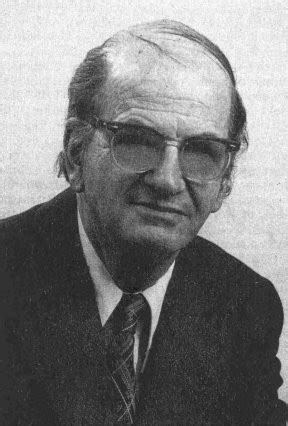A Quote by Karl Wilhelm Friedrich Schlegel
Only through religion can logic develop into philosophy, only from this source stems that which makes philosophy more than science. And without religion we will have only novels, or the triviality today called belles lettres instead of an eternally rich and infinite poetry.
Related Quotes
If one believes philosophers, then what we call religion is only a deliberately popularized or an instinctively artless philosophy. Poets seem to consider religion rather as a variation of poetry which by misjudging its proper beautiful game takes itself too seriously and one-sidedly. Philosophy, however, admits and recognizes that it can begin and complete itself only with religion. Poetry seeks only to strive for the infinite and despises worldly utility and culture, which are the true antitheses of religion. Eternal peace among artists is thus not far away.
In vain do science and philosophy pose as the arbiters of the human mind, of which they are in fact only the servants. Religion has provided a conception of life, and science travels in the beaten path. Religion reveals the meaning of life, and science only applies this meaning to the course of circumstances.
Only in the West did a philosophy develop that was not only no longer the love of wisdom but went so far as to deny the category of wisdom as a legitimate form of knowledge. The result was a hatred of wisdom that should more appropriately be called ‘misosophy’ (literarily hatred of Sophia, Wisdom) rather than philosophy.
But science can only be created by those who are thoroughly imbued with the aspiration toward truth and understanding. This source of feeling, however, springs from the sphere of religion. To this there also belongs the faith in the possibility that the regulations valid for the world of existence are rational, that is, comprehensible to reason. I cannot conceive of a genuine scientist without that profound faith. The situation may be expressed by an image: science without religion is lame, religion without science is blind.
No other book has been so chopped, knifed, sifted, scrutinized, and vilified. What book on philosophy or religion or psychology or belles lettres of classical or modern times has been subject to such a mass attack as the Bible? With such venom and skepticism? With such thoroughness and erudition? Upon every chapter, line and tenet?
Poetry is related to philosophy as experience is related to empirical science. Experience makes us acquainted with the phenomenon in the particular and by means of examples, science embraces the whole of phenomena by means of general conceptions. So poetry seeks to make us acquainted with the Platonic Ideas through the particular and by means of examples. Philosophy aims at teaching, as a whole and in general, the inner nature of things which expresses itself in these. One sees even here that poetry bears more the character of youth, philosophy that of old age.
The one eternal religion is applied to the opinions of various minds and various races. There never was my religion or yours, my national religion or your national religion; there never existed many religions, there is only the one. One infinite religion existed all through eternity and will ever exist, and this religion is expressing itself in various countries in various ways.
My position is a naturalistic one; I see philosophy not as an a priori propaedeutic or groundwork for science, but as continuous with science. I see philosophy and science as in the same boat--a boat which, to revert to Neurath's figure as I so often do, we can rebuild only at sea while staying afloat in it. There is no external vantage point, no first philosophy.




































